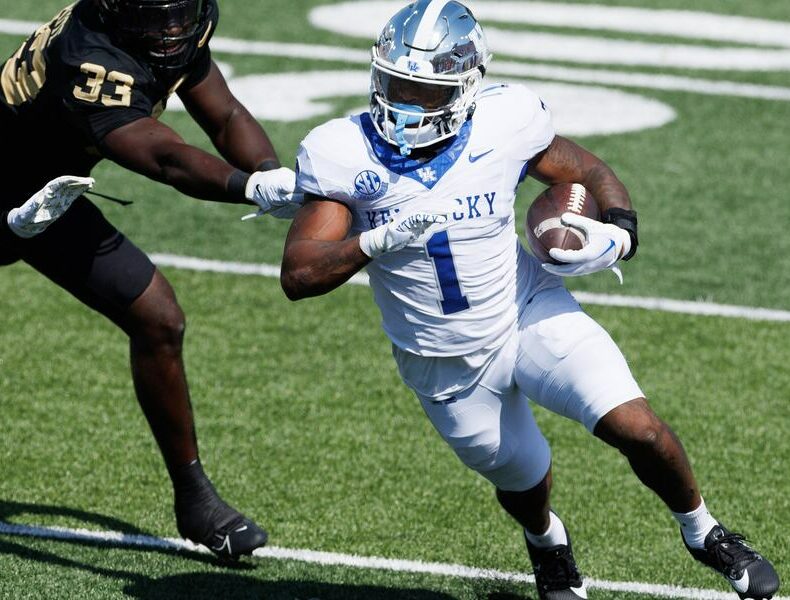One of the first funerals Alex Findura remembers attending as a body bearer for the United States Marine Corps was one that has stuck with him ever since. It was a funeral for a service member’s child.
“I remember it sunk in when I saw how small the casket was,” Findura says.
Findura has attended over 800 funerals and hasn’t shown emotion at one of them. As a body bearer in the United States Marine Corps, his job was to remain stoic and straight-faced as he carried caskets, sometimes weighing over 750lbs, of the deceased or folded the American flag to delicately lay on the body. Findura has been to more funerals than the average American ever will.

Just a year before his first funeral, though, Findura was no where near a cemetery; he was finishing up his Freshman year and starting summer training camp for the Georgia State Panthers football team. Findura had been recruited immediately out of high school and offered a full scholarship to play for the DI school. A redshirt during his first year, he was set to see some serious playing time at defensive end in the upcoming season.
Findura’s father had been in the Navy and his grandfather in the Army, so going into the military was always something on his radar growing up. His parents, though, were intent on him getting a college education and “having a better quality of living,” he says.
That’s why, in the summer of 2012 when Findura joined the Marine Corps, just before entering his Sophomore year, his coaches and parents were stunned.
“My dad wanted to wring my neck for a while [and] my coaches wanted to kill me,” he says “The coaches tried to convince me to stay, they were pretty adamant. They kept saying they could work with me.”
Knowing that school wasn’t for him and the military offered him the opportunity he was seeking, Findura packed up and headed to boot camp. While there, he and a handful of others were selected out of 600 people to take honor guard positions. He would try out to be a body bearer.
But first, Findura went through a grueling, 7-month training in Washington D.C. “It’s one of the hardest things you’ll ever do, physically but also mentally,” he says.
To even be considered for the body bearer position, he first had to pass a physical test which included 10 reps of 125lb curls, 10 reps of military shoulder press at 135lb, 10 reps of 225lb bench presses, and 10 reps of 315lb squats. Passing this initial test, Findura’s real Ceremonial Drill School journey began. His team of body bearers trained in the lowest level of a parking garage, maneuvering cement-filled trash cans and real caskets, both with iron plates resting on them, and making it look easy. The hardest part, he says, was “the constant 24-hour training. There really wasn’t much resting time..the mental training was a constant and that’s what I found really hard… my instructors were always drilling us mentally.”
Findura and his men were left alone by other Marines because no one really understood what being a body bearer entailed. Body bearers were respected, though, for how closely they kept their jobs to them, and were expected to constantly work out and lift weights to keep their bodies in shape. Findura eventually began attending funerals at Arlington National Cemetery and worked on his demeanor in front of grieving families by using the strength and discipline he gained in training.
“We actually had to breath through our noses,” he says, “We didn’t show them we were struggling”. The only audible noise in an otherwise silent scene was the sound of Findura calling the huts to keep his men in step with each other.
Just halfway through his time at the barracks, Findura made it to senior folder, the highest position you can have there. That’s where he spent over two and a half years attending funerals for young service members who died in training accidents, veterans who passed away, and a small portion of their wives and children.

“I have a handful of funerals that stick out in the back of my mind,” he says.
One of those funerals which stands out to Findura was one for a firefighter in Tennessee. The firefighter had been a huge volunteer within the community and his service brought hundreds of firefighters and community members together. A tradition in firefighters’ funerals is known as “The Ringing of the Bell,” and Findura had never experienced it before. After a final prayer for the firefighter, a bell is rung three times and a gloved hand silences the bell after the first two rings. On the third toll, the bell is left alone to ring out.
Findura remembers how heavy that moment felt, the bell continuing to ring out into the empty air. He could tell it wasn’t just he who felt the emotional weight of it.
“It was the only time I saw anyone in my unit almost lose their bearing,” he says.
At a certain point, doing as many funerals as Findura did, “it became just another day at work,” he says. When his service came to an end and he transitioned from the Marines to civilian life, Findura lost the brotherhood that’s inherent in the military. He was used to being surrounded by his Marine buddies and working as a family, but now he was on his own, and it was a complete shock. He told himself he’d take two weeks to relax, to decompress.
After those two weeks, Findura got hooked up with a security job at the Verizon Center in Washington D.C. where he lives with his wife, and happily took it to keep himself busy. He didn’t have a clue what he wanted to do next.

Findura tried out for an Arena Football League team, despite not having played football in 5 years, and competed against 400 guys for a spot on the team. The tryouts were coincidentally held at the Verizon Center. A week after tryouts, Findura was working at the stadium and ran into the AFL team’s defensive line coach. The coach remembered his number from try outs and told him to come down sometime and work out with the team, something Findura hoped was a positive sign of things to come. However, in between waiting to hear back from the AFL, he heard about Athletes of Valor from one of the Marine officers at the 8th & I barracks.
He knew in his own mind he should get a degree, but still had his sights set on football, so Athletes of Valor seemed to be the answer. With a push from his wife, “I signed up right away,” he said. Findura began working with the team from Athletes of Valor in late November of 2016, and soon his profile and film caught the attention of Head Coach Paul Darragh of Division II Bloomsburg University in Bloomsburg, Pennsylvania. After reviewing Findura’s profile and film, Darragh invited him out to campus. “There was no doubt that after meeting Alex and knowing his life story he would be a tremendous addition to our football team,” said Darragh, one of the first coaches to partner with Athletes of Valor on recruiting active duty and veteran military athletes.
With family ties to the area and a warm, welcoming experience on campus from the coaching staff and team, Findura committed to Bloomsburg for fall 2017. Though certainly his body is in prime shape from his time in the Marines and his discipline is a big factor that will set him apart from other incoming college athletes, he knows that most importantly, his ambition has grown. “I have higher standards now,” he says, “The Marines helped a ton on my focus and honing my drive…so now I can focus on accomplishing my goals in an organized manner.”
















